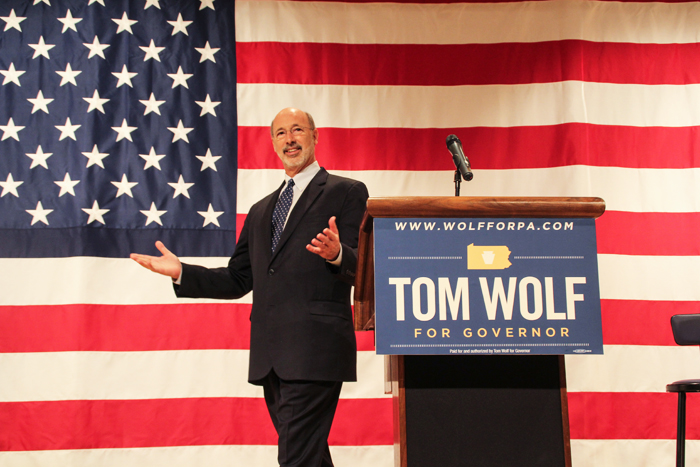
By Casey Chafin | The Duquesne Duke
A decrease in student enrollment and on-campus housing has forced the university to make five percent budget cuts across every division, according to Matthew Frist, vice president-elect for management and business.
The cuts were added to the current 2015-16 budget on Jan. 25. The decreases were made to the “non-labor” section of each division’s overall budget, cutting costs on media subscriptions, office supplies, administrative travel and memberships, according to Duquesne spokeswoman Rose Ravasio.
Ravasio said the cuts were developed “strategically” with “the specific goal of minimizing the impact on academic programs and the Duquesne student experience.”
The Student Government Association, Residence Hall Association, Commuter Council and the Duquesne Program Council – which fall under the Division of Student Life – were not impacted by the budget decrease, Ravasio said.
Frist said the reductions were necessary because the university is 90 percent dependent on student income from tuition, fees, and room and board.
“It is fiscally prudent for the university to continually look at ways to contain costs and run its operations efficiently,” he said. “The administration is committed to being a good steward of all resources – including financial resources – and it’s in the best interest of our students that we do so.”
With enrollment expected to be relatively the same next year, the cuts are expected to remain in place. Frist said “cost-containment” measures, including the budget cuts, allow Duquesne to have its lowest tuition increase in 35 years for the 2015-2016 academic year.
Julian Routh contributed reporting.
____________________________________
Correction: A previous version of this article incorrectly stated that Matthew Frist, vice president-elect for management and business, said “‘cost-containment’ measures, including budget cuts, will allow Duquesne to maintain lower tuition increases than other private universities.”



